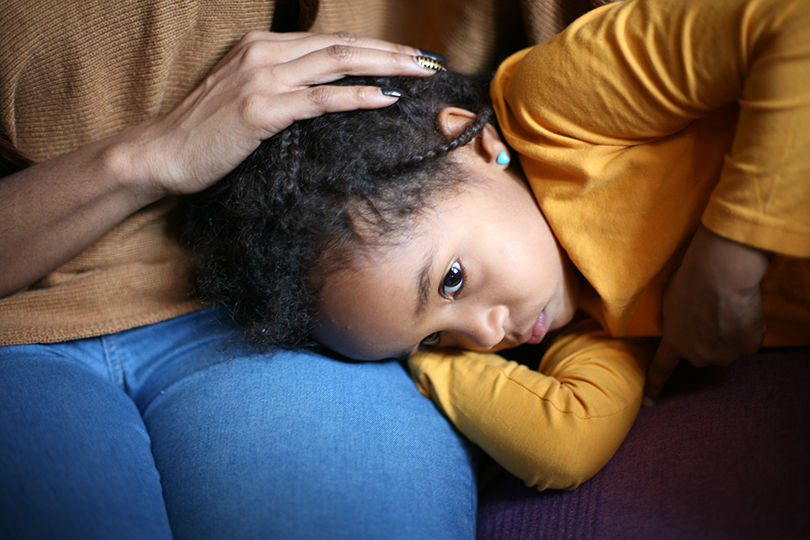
Why good mental health is important for children?
Even you are concerned about the mental health of your child or a child you know or are you a kid looking for help here you can find out what some common mental health issues in kids are, why is kids’ mental health important, and what can be done to help.
Having good mental health is key to the healthy development and well-being of every child. Kids need good mental health, not only to deal with challenges and adapt to change, but so they can feel good about themselves, build healthy relationships with others and enjoy life.
Many things can influence a kid’s mental health, like family circumstances, school life, and life events. While children can experience mental health issues at any age, they are most at risk between the ages of 12 and 16 years.
If your child, or a child you know, is having mental health issues, the best thing you can do is get them some help before it gets worse.
Everyone feels sad, angry, or upset sometimes, including children. But if a kid feels like this most of the time, it is a sign they may need help. Other signs include difficulty coping, getting on with others, or staying interested in activities.
Kids can struggle with a range of issues as they grow up. Some of the common mental health-related issues they experience include:
- relationship problems (family, peers)
- eating or body-image issues
- bullying (including cyberbullying)
- abuse (physical, emotional, or sexual)
- feeling sad or depressed
- worry or anxiety
- self-harm or suicide.
About 1 in 7 children and adolescents aged 4 to 17 have recently experienced a mental health disorder in the United States. The most common disorder is ADHD, followed by anxiety, depression, and conduct disorder.

The number of teen and youth contacts to Health Hotlines increased during the COVID-19 pandemic. Most of these contacts were about mental health and emotional well-being. If you think your child has a mental health issue, it is important to reach out for professional help as soon as possible.
There are plenty of things that can be done to improve mental health and help prevent mental health issues from developing. For example, getting enough sleep, eating well, and doing regular physical activity is important for children, just as it is for adults.
Long-lasting safe relationships, such as with the child’s family (including extended family and carers), are considered the most influential factors in a child’s life. Mental health difficulties in children might present as frequent or intense struggles with their emotions, thoughts, behaviors, learning, or relationships.
As a parent or concerned adult, there are some simple steps you can take to support a child’s mental health. These are things like taking an active interest in the child, encouraging them to talk about what is happening in their lives, and being aware of changes in their behavior. Seek support from your doctor or other health or mental health professional if you are concerned.
